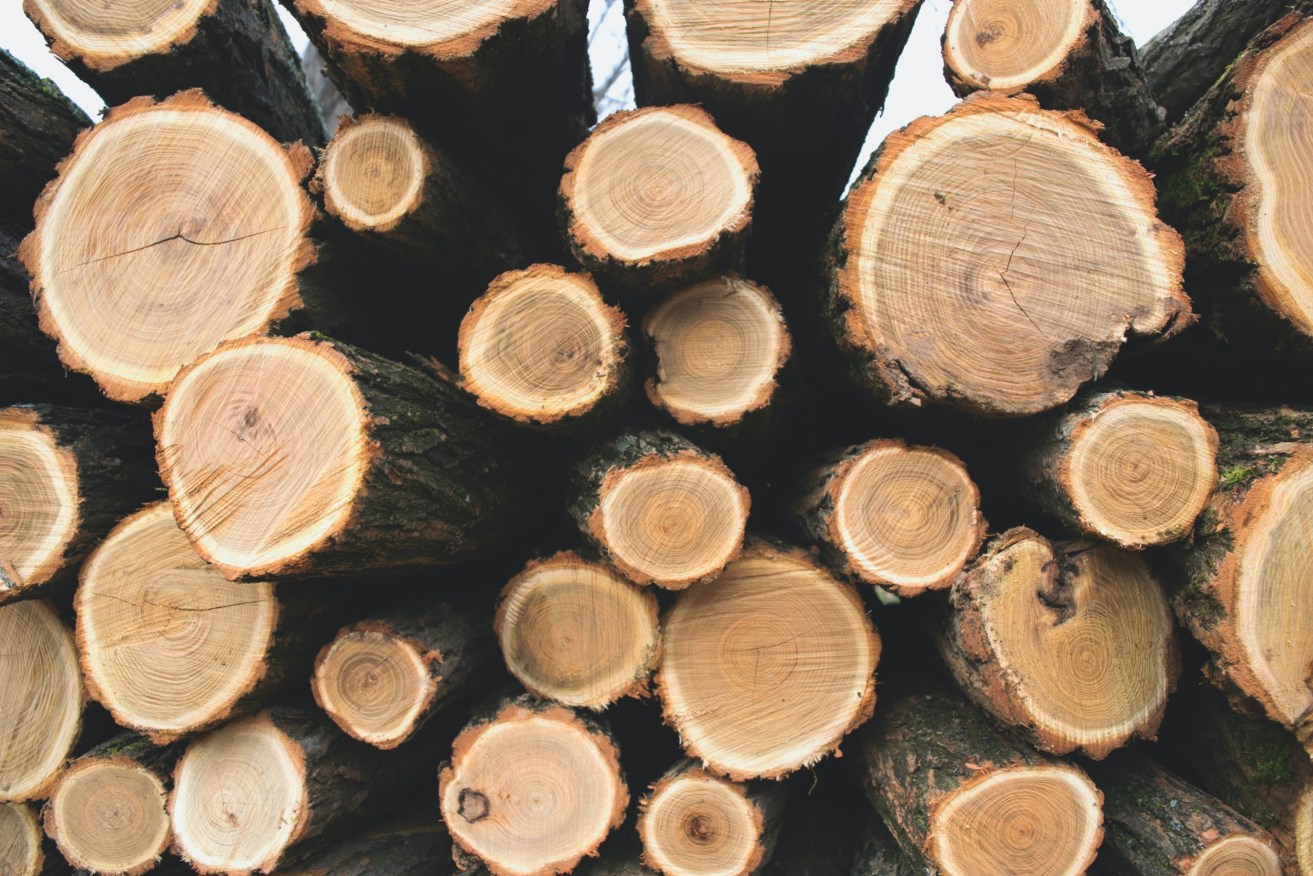Palaszczuk finally nails down her panel to tackle timber crisis
Almost two years after pledging its formation, and two weeks after frustrations with delays were reported by InQueensland, the Palaszczuk Government has assembled its Native Timber Advisory Panel.


A new timber advisory panel has been assembled to help boost local supply.
The mission to find more timber in the face of exploding demand has started with a meeting in Brisbane between stakeholder groups tasked with balancing the industry’s future prospects with the imperatives of the changing climate – both environmental and political.
Meeting for the first time last Friday, the Native Timber Advisory Panel includes representatives from the native timber industry, conservationists, researchers, unionists and First Nations people.
It will be overseen by independent chair, Alan Feely, the retired deputy director general of the Queensland Department of Natural Resources and Mines.
Faced with rising domestic and global demand for timber as a renewable building material with a comparatively low carbon footprint, the panel has been asked to consider an expansion of native forestry on state-owned and privately owned land, and to consider the conservation outcomes, economic impacts and opportunities for regional communities.
As reported recently by InQueensland, the timber industry, represented by Timber Queensland, is keen on utilising large tracts of grazing country for the expansion plan, a move backed by peak farming group, AgForce.
With the State Budget handed down on Tuesday and the economy moving into its post-COVID recovery, there’s much at stake on the business end of the equation, with the industry employing 8800 people and injecting $3.8 billion into the economy annually.
Timber Queensland CEO Mick Stephens said the formation of the advisory panel was recognition of the economic importance of the native hardwood industry in the state and opportunities for further growth and development.
“With ever-increasing demand for high quality and sustainably managed hardwood timber, the Queensland hardwood industry is well-placed to meet this demand and provide local supply for the building and construction sector,” he said.
“Timber Queensland will be participating on the panel in good faith and will be pursuing industry development opportunities as a major part of its agenda.”
Agriculture Minister Mark Furner said a study to identify sustainable future options for timber supply, including on private land, was due to be completed by the end of the year.
“We have brought the unsuccessful hardwood plantation program, a partnership between HQPlantations and the Queensland Government, to a close, while ‘rolling-term’ permits in the Western hardwoods region will be replaced from 2034 with fixed-term competitive permits,” he said.
“Through the Native Timber Action Plan, the Palaszczuk Government will ensure a sustainable industry that grows our regions and importantly continues to deliver Queensland’s plan for economic recovery.”
Member for Maryborough Bruce Saunders, whose electorate houses the state’s largest sawmill Hyne Tuan, said hardwood timber harvesting in the Wide Bay-Burnett had been extended for an additional two years, guaranteeing access up to 2026.
“That has secured the employment of 500 Maryborough and Wide Bay locals working in the industry,” he said.
Critics of the timber industry have suggested on social media that Timber Queensland’s proposal to utilise more farmland won’t deliver the supplies required and that exports to China halted in trade tensions aren’t being diverted into the domestic supply chain.
Stephen said more R&D and trial work was being applied to the agri-forestry proposal, but so far evidence showed that the shade provided by trees improves the health of cattle and the overall health of the soil, pasture and trees if planted at a wide spacing.
He said log exports play a role when they are unsuitable for local processing or there is a major salvage operation, for example, after a cyclone.
“Generally, most of the small pine log and pulp log is used domestically,” he said.
“Given the log import ban put in place by China, we are aware of log volumes sitting at port, particularly for hardwood.
“Creating feasible markets and using these resources locally to meet demand does make sense.”








